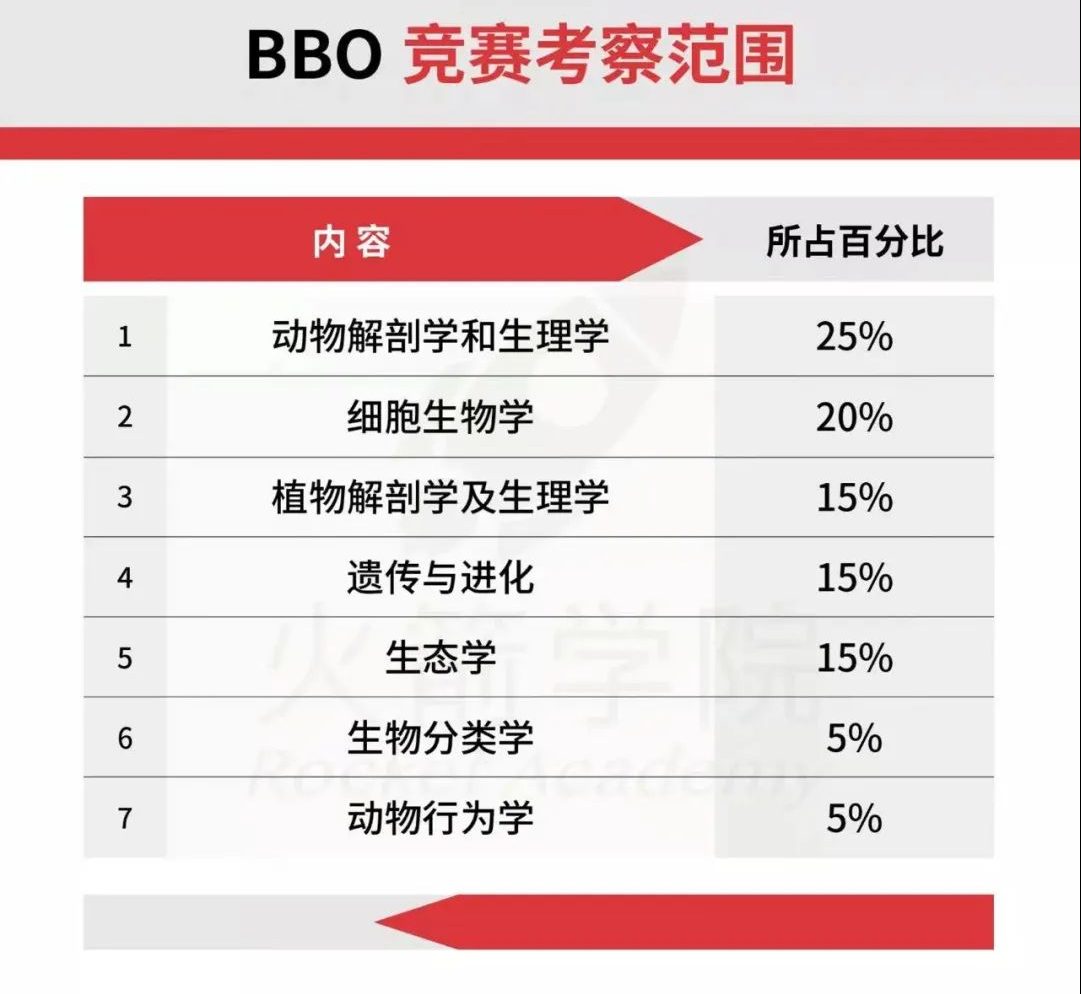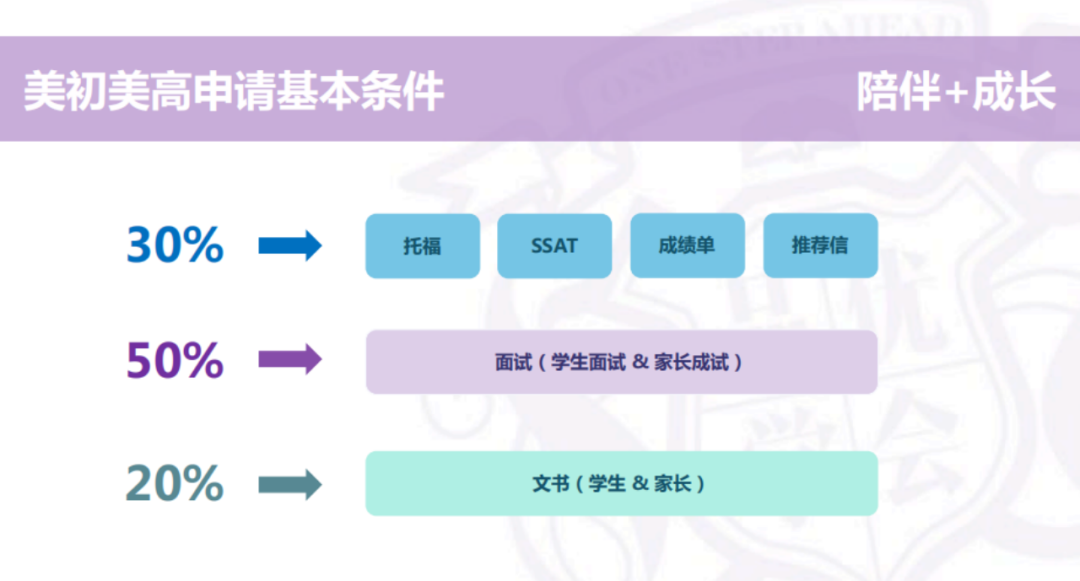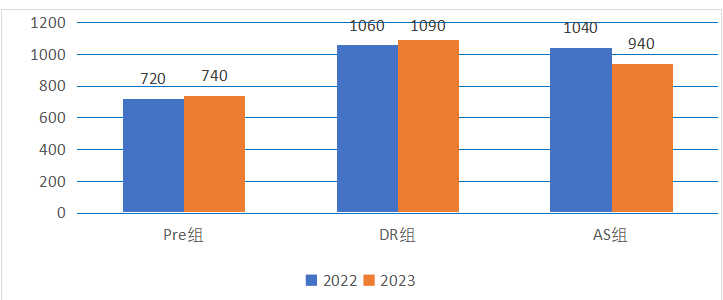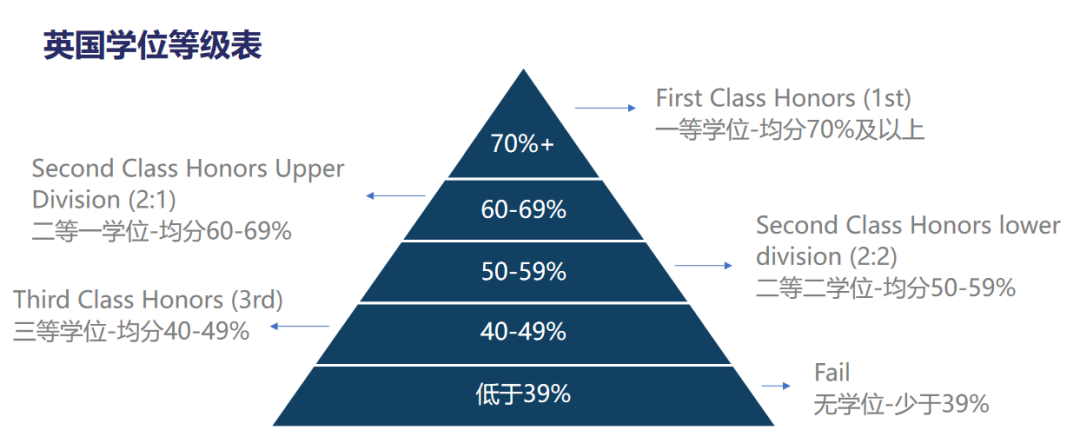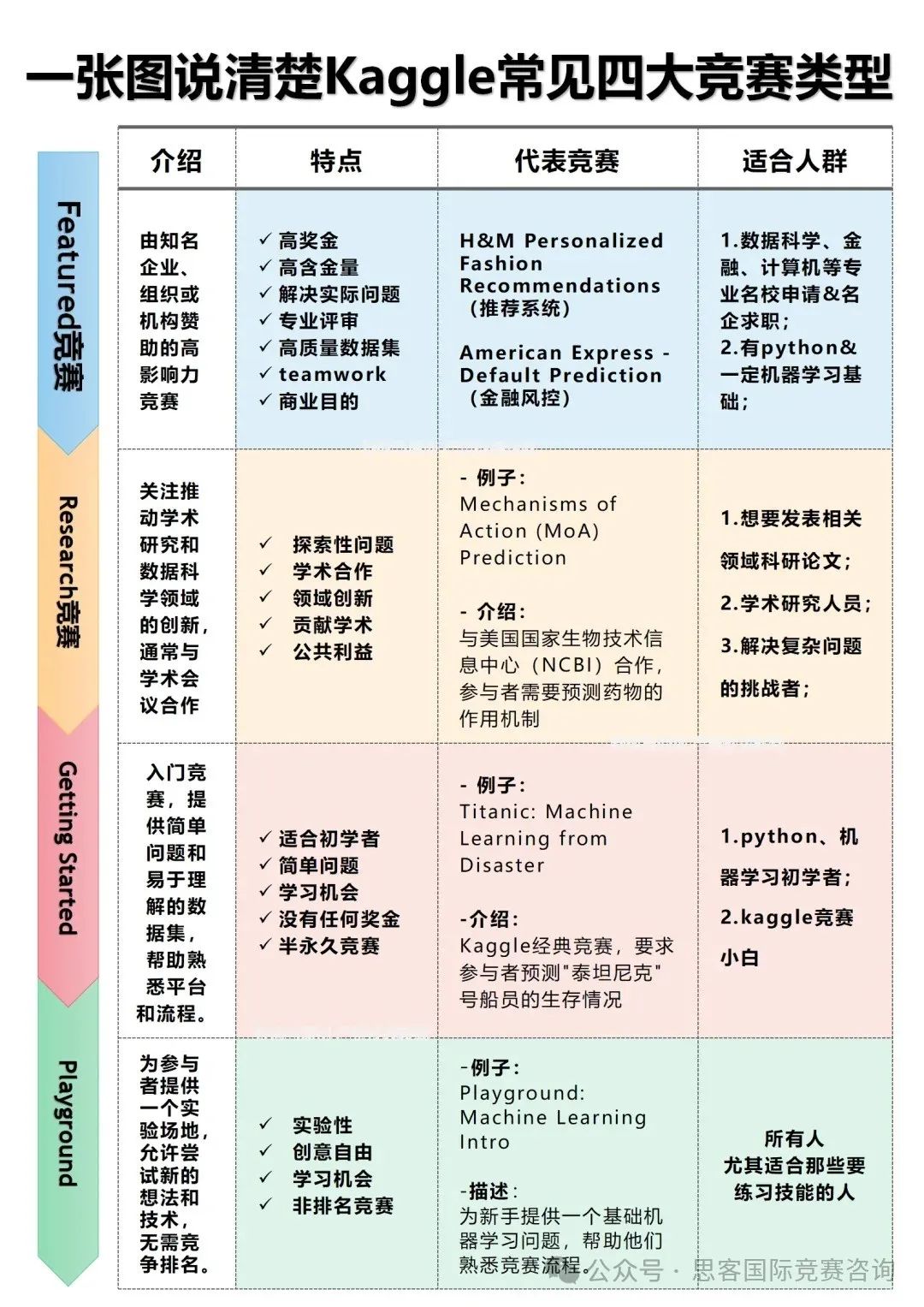药理学是当前环境下最理想的专业之一,本文将探讨这一研究领域、它的要求和挑战,以及可能的职业机会。
药理学家与药剂师
药剂师和药理学家有何区别?可以理解为,药剂师“面向公众”,而药理学家更多从事“幕后”工作。 药理学家负责开发药物,而药剂师分配处方药并给患者提供使用建议。药理学是一门生物医学科学,专注于化学药物以及它们如何影响服用药物的人和生物体。药理学学位更注重研究,教你如何研究化学效应和创造新的疗法。
实验室内的药理学
药理学家作为医学科学家创造和测试药物,经常在实验室研究新药,咨询医生和专家,或查看药理学研究结果以了解药物的效果。
如果您是研究、解剖学/生理学和化学的爱好者,这可能是您考虑的理想领域。药理学家经常在实验室研究药物。通常,他们研究的主要目标是了解这些药物如何发挥作用以及与人体的相互作用,从分子水平到身体的总体反应。如果你对动物科学感兴趣,也可以对动物药物进行研究。
制药公司一直需要寻找合格的药理学家来测试公司正在开发的新药。实验室工作不仅包括通过研究组织和细胞样本来测试药物,还包括将药物的使用推进到临床试验,研究对象则为自愿参与的患者。
通过临床试验和研究,药理学家可以确定适当的剂量、副作用、益处和安全措施。毒理学领域的药理学家研究并建议制药公司如何安全地标记和处理物质。
实验室外的药理学
一些药理学家可以根据他们的职业道路在非实验室环境中工作。比如从事更多的行政工作,例如,为美国食品和药物管理局 (FDA) 工作的药理学家可以评估新药申请的数据或审查临床前研究的结果。还有一些岗位可能涉及开发项目和监督公司职能。
成为药理学家的教育路径
因为药理学是医学科学的一个分支,涉及研究不同药物对人体的生理影响,因此本科课程的科学性很强,包含生理学的学科内容。药理学学士学位课程的课程通常包括微生物学、免疫学、药物的作用以及新药从发现到上市的过程。它还包含广义科学的核心课程,如生物学、遗传学和解剖学。虽然药理学学士学位足以让学生在毕业后进入制药行业工作,学生通常也可以选择继续修读医学和获得更高学术证书的资格,从而增加长期的薪水潜力。
药理学高级学位包括硕士和博士学位。医学领域的一些高级职位需要这样级别的学位。东北大学药物科学项目主任对此表示:“药理学本科和研究生教育之间的真正区别在于,在本科课程中,你只需要回答对问题。而在更高的教育水平,你会获得深度的理解,让你能够探索、提出自己的问题,并有希望找到有助于推动该领域向前发展的答案。”
药理学家的职业道路
药理学的职业是多种多样的:从研究到销售,拥有该学位的人具有多功能性。
医学、生物学或免疫学领域的临床研究始终是比较“对口”的选择,而从事药品销售也是一个比较容易获利的选择。法律和政府监管职位(如前文提到的 FDA 的职位)也是更多行政性,更少的研究的一种选择。如果拥有高级学位,总可以在高等教育体系中找到教学或研究的岗位。
根据 payscale 网站数据,药理学家平均工资为 89,586 美元。具有不到 1 年经验的入门级药理学家的平均年薪为 71,216 美元,具有 1-4 年经验的早期职业药理学家的平均年薪为 77,238 美元,具有 5-9 年经验的职业中期药理学家的平均年薪为 98,633 美元,具有 10-19 年经验的经验丰富的药理学家的平均年薪为 114,266 美元。在他们的职业生涯后期(20 年及以上),员工的平均年薪可达 122,959 美元。另一网站Ziprecruiter 上报告的平均年薪更高。
总结
与神经科学类似,对于那些对健康科学感兴趣但不喜欢在临床环境中与患者一起工作的学生来说,药理学对于喜欢科学的学生是一个非常有吸引力的职业领域,他们既能帮助到他人,也回避了直接接触患者护理。
英文原文:
Pharmacology
Having recently read that pharmacology is one of the most desirable majors in our current climate, this article explores this area of study, its requirements and challenges, along with possible career opportunities.
Pharmacologist versus Pharmacist
We can think of pharmacists and pharmacologists as ‘public facing’ and ‘backroom’. Pharmacologists are responsible for developing the drugs that pharmacists safely dispense to patients whereas a pharmacist dispenses prescription medications and advises patients on their use. Pharmacology, a biomedical science, focuses on chemical drugs and how they affect the people and organisms that consume them. Pharmacology degrees are more research-focused, teaching you how to investigate chemical effects and create new remedies.
Pharmacology in the Lab
A pharmacologist creates and tests medicine as a medical scientist, and often researches new medications in laboratories, consults with physicians and specialists, or looks at the results of pharmacological studies to understand the effects of medication.
If you are a fan of research, anatomy/physiology and chemistry, this may be an ideal field for you to consider. Pharmacologists often work in laboratories researching medications. Usually, the primary goal of their research is to see how these medications work and interact with humans, from a molecular level to how a body responds in total (they can also perform research for animal medications, if animal science is an area of interest for you). Pharmaceutical companies always seek qualified pharmacologists to test new drugs the companies are developing. Lab work not only includes testing medications by studying tissue and cell samples, but advancing the use of the medication to clinical trials, where voluntary patients are used as research subjects.
Through clinical trials and research, pharmacologists can determine appropriate dosages, side effects, benefits, and safety measures. Pharmacologists in the toxicology field research and advise drug companies on how to safely label and handle substances.
Pharmacology outside the lab
Some pharmacologists can work in non-laboratory settings depending on their career path. More administrative positions are also an option, for example a pharmacologist working for the U.S. Food and Drug Administration (FDA) may evaluate data for new drug applications or review results for preclinical studies. Other positions can involve developing projects and overseeing corporate functions.
Educational Path
Because pharmacology is a branch of medical science that concerns the study of the physiological effects that different drugs have on humans, the undergraduate coursework is science heavy as well as incorporating physiology, since pharmacology also comprises the study of different organ systems in the body and their relationship with each other and the chemicals that act upon them. The curriculum for a bachelor’s degree program in pharmacology requires courses in microbiology, immunology, the effects of drugs and the process a new drug goes through from discovery to marketing. It will also contain core classes on broader sciences such as biology, genetics and anatomy. While the bachelor’s degree in pharmacology allows a student to start working in the pharmaceutical industry in biotechnological or legal capacities after graduation, it also confers eligibility for students to continue their medical studies and obtain higher academic certifications (thus increasing the salary potential for the long term).
Advanced degrees in Pharmacology include both the masters and the doctorate;
some high-level roles in the medical field require one of these specific cumulative degrees. From the Director of the Pharmaceutical Sciences program at Northeastern University: “The real difference between an undergraduate and graduate education in pharmacology is that, in an undergraduate program, you’re being asked to answer question…[while] at an advanced level of education, you get that depth of understanding that allows you to probe, ask your own questions, and hopefully uncover answers that will help to push the field forward.”
Career Paths
Careers in pharmacology are diverse: from research to sales, there is versatility for those with this degree. Clinical research in the medical, biological or immunological areas are always a ‘given’ option, while working in pharmaceutical sales is also a lucrative option. Legal and governmental regulatory positions (like those with aforementioned FDA are also more administrative, less research-heavy, options. With a more advanced degree, there is always the option of teaching (and also researching) in a higher education environment. According to payscale.com, The average salary for a Pharmacologist is $89,586. An entry-level Pharmacologist with less than 1 year experience can expect to earn an average total compensation of $71,216 whereas an early career Pharmacologist with 1-4 years of experience earns an average total compensation of $77,238. A mid-career Pharmacologist with 5-9 years of experience earns an average total compensation of $98,633 and an experienced Pharmacologist with 10-19 years of experience earns an average total compensation of $114,266. In their late career (20 years and higher), employees earn an average total compensation of $122,959. Ziprecruiter.com reports higher average and long terms salaries.
Summary
Like with the neurosciences (cf. my last published article), for students who have interests in the health sciences but do not relish the idea of working with patients in clinical settings, pharmacology is a lucrative career field for students who enjoy the sciences and helping others, but would shy away from directly administering patient care.





